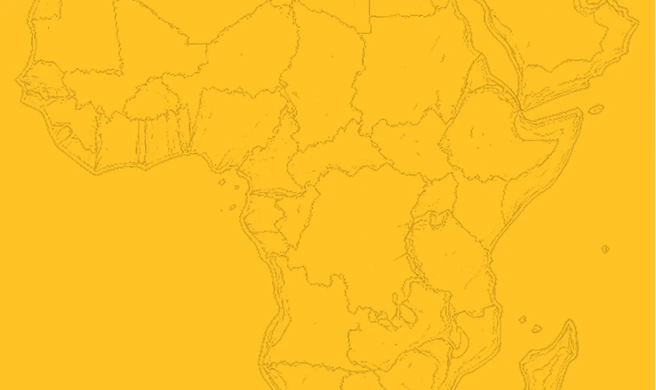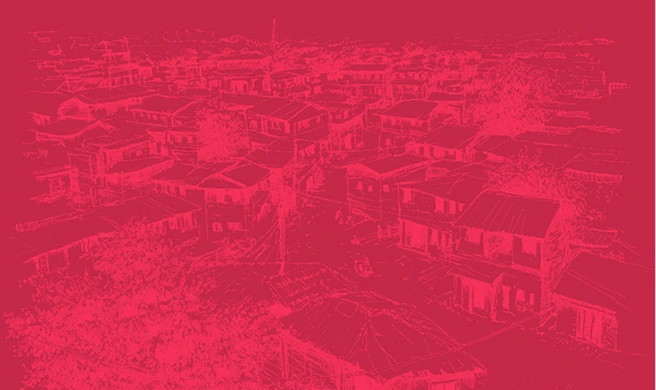About the instructor:
Boubacar DIALLO holds a PhD in computational mathematics from Jomo Kenyatta University of Agriculture and Technology (JKUAT) in Kenya, thanks to a scholarship from the African Union.
He also holds a Master's degree in Operational Research from the Institute of Mathematics and Physical Sciences (IMSP) in Benin.
His work focuses mainly on biomathematics, in particular mathematical modeling and optimal control of epidemics. He has worked on machine learning applied to image processing in the field of dermatology.
More recently, Boubacar has been interested in modeling bovine tuberculosis and rabies, two of the six priority zoonoses in Mali according to the National Directorate of Veterinary Services (DNSV).
He is currently self-employed at his center, E-KALAN, which is dedicated to training professionals in digital technology, artificial intelligence, and robotics, as well as supporting students in mastering fundamental sciences (mathematics and computer science).
Event Summary
Advances in predictive modeling are opening up new perspectives for understanding, anticipating, and controlling malaria transmission. During this November session, we will see how predictive approaches can support intervention planning, improve epidemiological surveillance, and strengthen local response capacities. Join us to discover concrete examples, recent innovations, and future prospects for the use of predictive models in the fight against malaria in Africa.
Related Events



